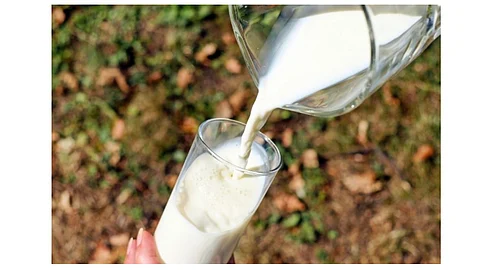“The major components making up carbohydrates in plant-based milks are fiber and sugar. Dairy milks have no fiber, so all of the carbohydrates come from sugars. The key takeaway here is that almost 100 percent of the sugar in plant-based beverages are added sugars,” says Wright.
“The recent FDA decision to add to the nutrition facts panel makes a distinction between natural sugars (like the lactose in milk) and added sugars (like the cane sugar added to sweetened plant-based milks). Milk sugar (lactose) provides a nutritional benefit to humans that cane sugar does not,” says Wright.
Wright explains that most of the plant-based milk options -- oat, almond, rice, coconut, hemp, cashew, hazelnut, soy, pea, flaxseed, and sesame -- have similar nutrition profiles. “Coconut can have more fat than others, soy has more protein than the rest, sodium content is very consistent among all, oat and hazelnut can have more sugars, oat can have more calories than some.”
“When you look at the list of sources, it’s important to remember that there are many potential allergens represented, including tree nuts, soy and sesame,” says Wright. “Many consumers leave dairy milk because of lactose intolerance, but may find that they are sensitive to the proteins in plant-based products as well. Reading and understanding labels is important for that reason.” (MSM/Newswise)
Hurry up! Join the Medical Internship 3.0 at MedBound!


